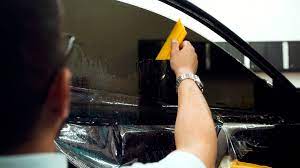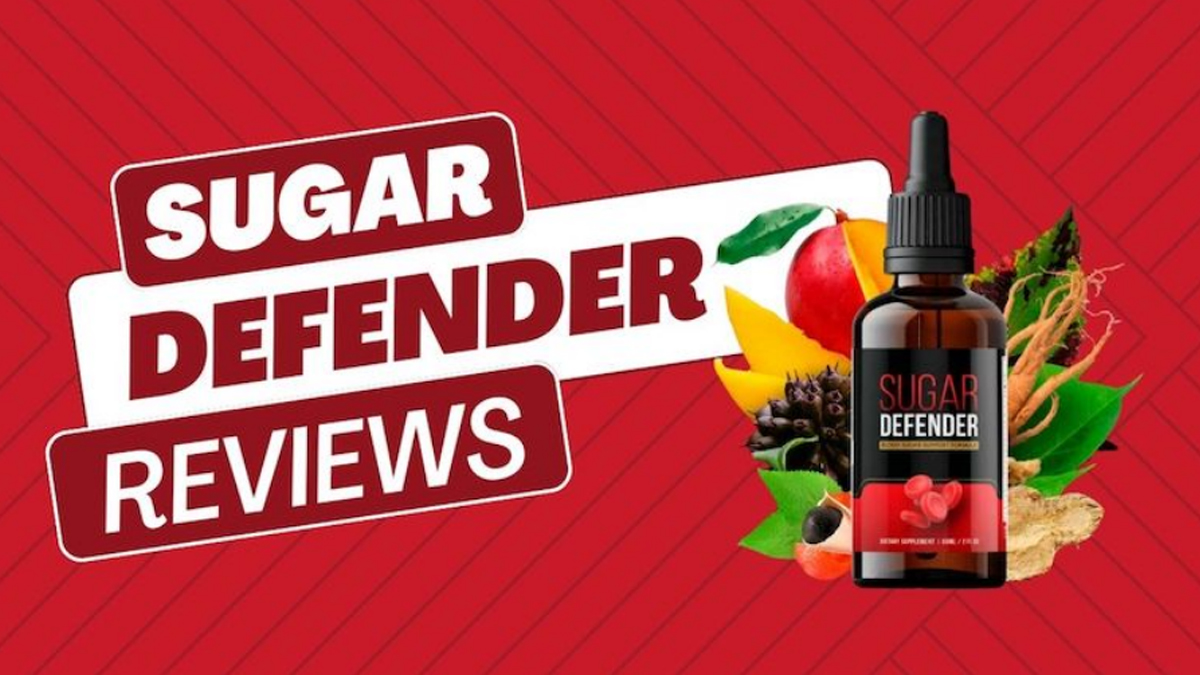- Heat Reduction: One of the primary benefits of building window tinting near me is its ability to reduce heat inside the vehicle by blocking a significant portion of the sun’s infrared radiation. This results in a cooler and more comfortable interior, especially during hot summer months.
- UV Protection: Window tinting film is designed to block harmful ultraviolet (UV) rays, which can cause damage to the skin and interior surfaces of the vehicle. By blocking UV radiation, window tinting helps protect occupants from sunburn and reduces the risk of interior fading and cracking.
- Glare Reduction: Glare from sunlight or headlights can be distracting and potentially dangerous while driving. Window tinting helps reduce glare, improving visibility and enhancing overall safety on the road, especially during dawn, dusk, or sunny conditions.
- Privacy and Security: Tinted windows provide an added layer of privacy, preventing outsiders from easily seeing into the vehicle. This not only enhances the comfort of occupants but also helps deter potential thieves by concealing valuables inside the car.
Types of Window Tinting:
- Dyed Window Tint: Dyed window tinting is the most economical option and uses multiple layers of dye to block sunlight. While it provides some heat and glare reduction, dyed tinting may fade over time and is less effective at blocking UV rays compared to other types.
- Metalized Window Tint: Metalized window tinting incorporates tiny metallic particles into the film, offering superior heat and glare reduction. It also provides added strength to the windows and is more durable than dyed tinting. However, metalized tinting may interfere with electronic signals, such as those for GPS or cell phone reception.
- Carbon Window Tint: Carbon window tinting utilizes carbon particles to block heat and UV rays while maintaining excellent clarity and visibility. It is less reflective than metalized tinting and does not interfere with electronic signals, making it a popular choice for many car owners.
- Ceramic Window Tint: Ceramic window tinting is the premium option, offering the highest level of heat and UV protection without interfering with electronic signals. It consists of ceramic particles embedded in the film, providing superior clarity, durability, and heat rejection. Although more expensive than other types, ceramic tinting is highly effective and long-lasting.
Installation Process: While DIY window tinting kits are available, professional installation is recommended for optimal results. The installation process typically involves the following steps:
- Preparation: The windows are thoroughly cleaned and prepped to ensure proper adhesion of the tinting film.
- Cutting: The tinting film is carefully measured and cut to fit the size and shape of each window.
- Application: The tinting film is applied to the inside of the windows using a solution to prevent air bubbles and ensure a smooth finish.
- Trimming: Excess film is trimmed away, and the edges are carefully sealed for a clean and professional look.
- Curing: The tinting film needs time to cure and adhere properly to the windows. It is important to avoid rolling down the windows or cleaning them for a specified period after installation.
Conclusion: Window tinting offers a multitude of benefits, ranging from heat and UV protection to privacy and glare reduction. With various types of tinting available, car owners can choose the option that best suits their preferences and needs. Whether opting for a budget-friendly dyed tint or investing in premium ceramic tinting, professional installation ensures optimal performance and longevity. So, enhance your driving experience and protect your vehicle with quality window tinting today.



